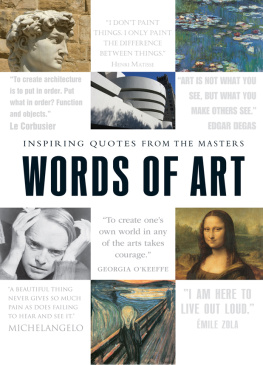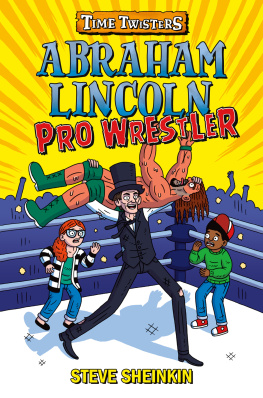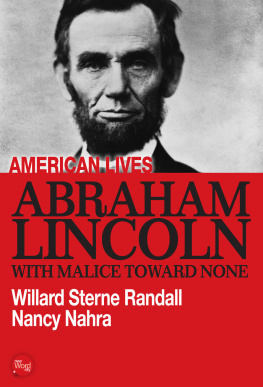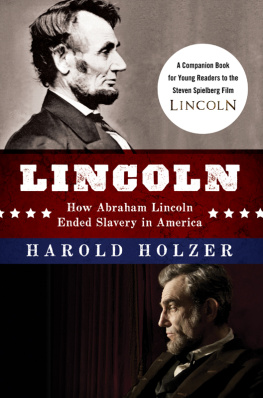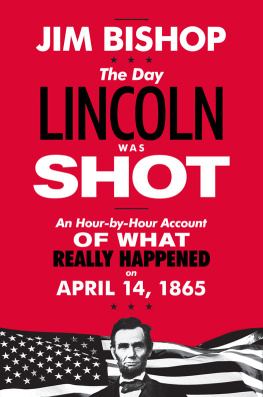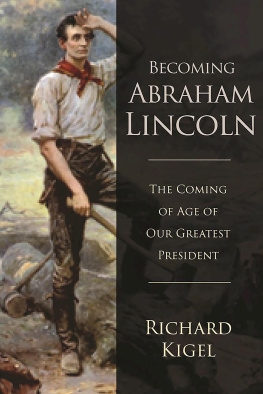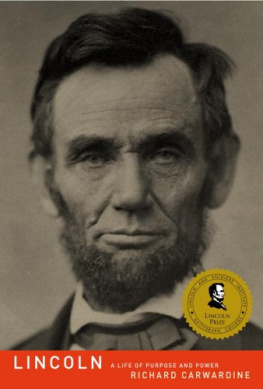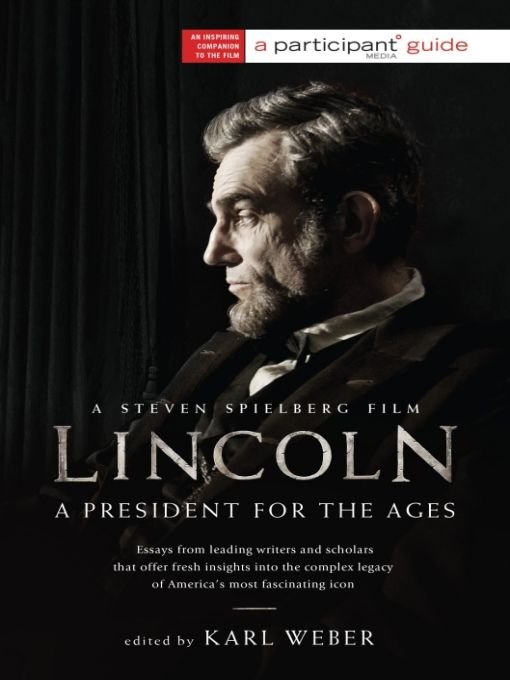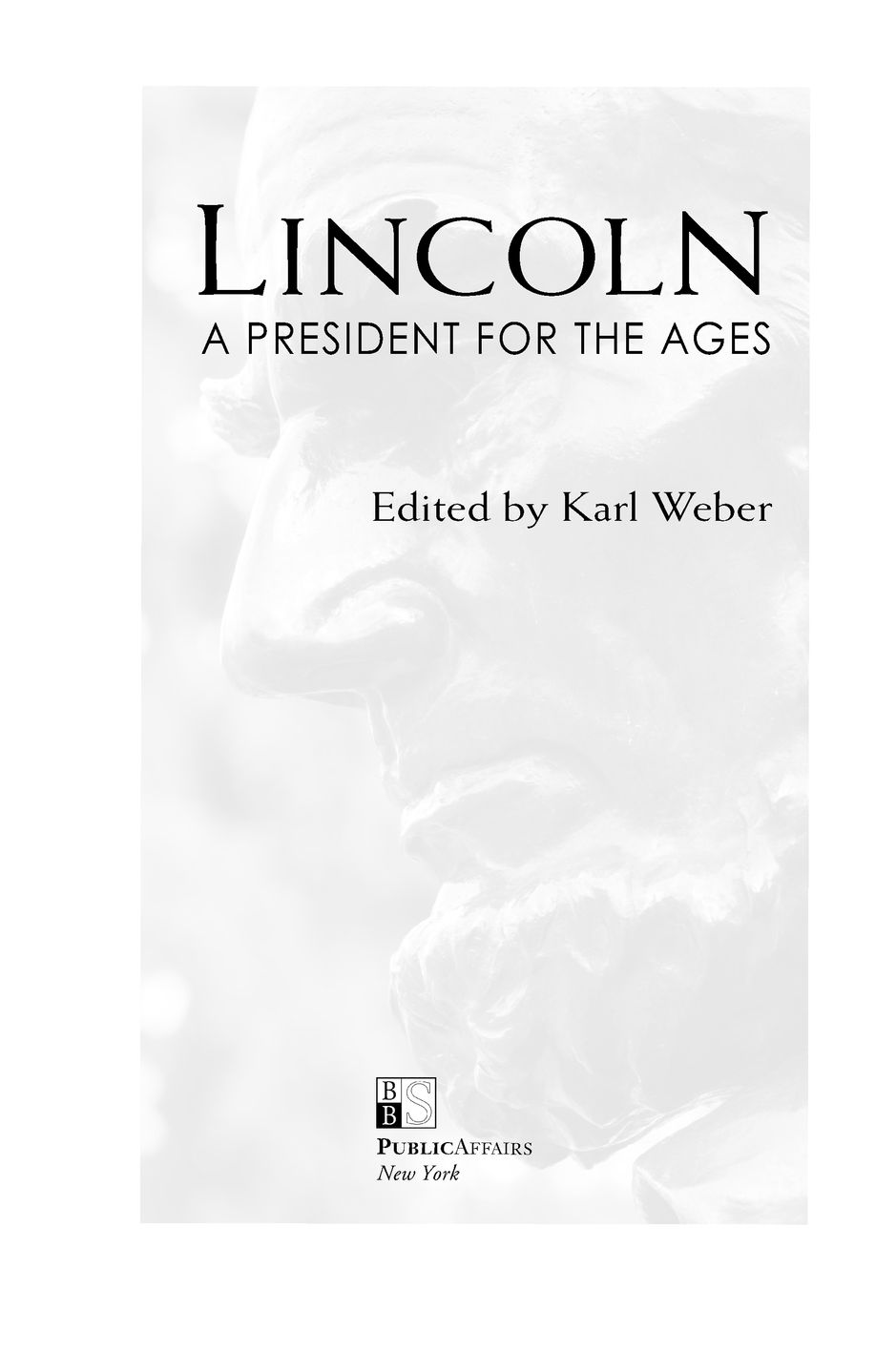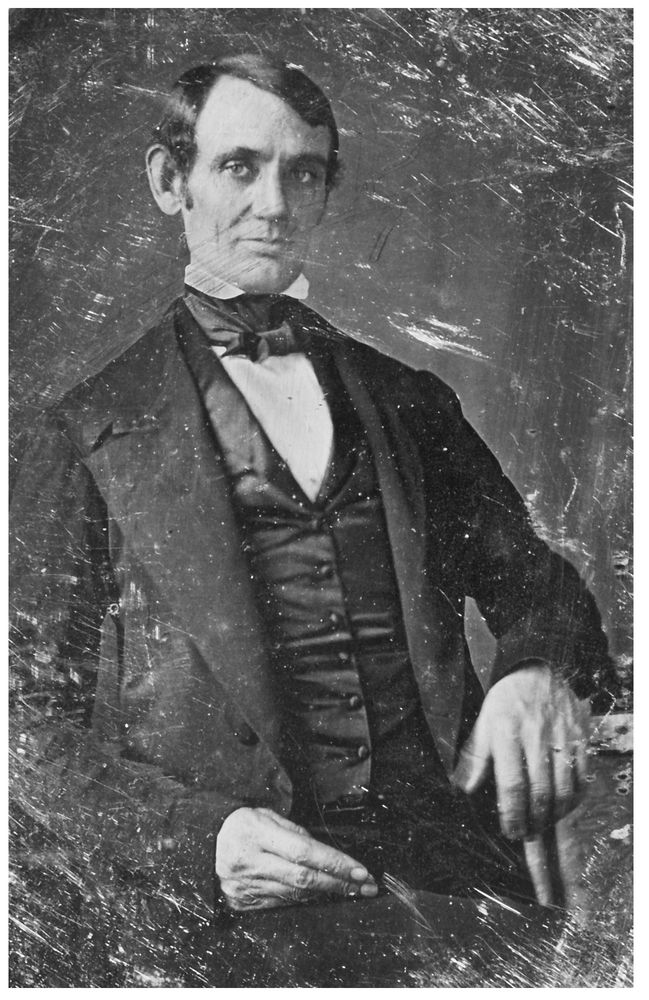Table of Contents
ALSO BY PARTICIPANT MEDIA
A Place at the Table
Last Call at the Oasis
Page One
Waiting for Superman
Oceans
Cane Toads
Food, Inc.
ABOUT THIS BOOK
Now he belongs to the ages. When a grief-stricken Edwin M. Stanton, secretary of war, uttered those words at 7:22 on the morning of April 15, 1865, it marked the end of Abraham Lincolns nine-hour death-struggle against an assassins bullet and the beginning of an epoch of mourning, memorializing, pondering, and debating the enormous historical legacy of our sixteenth presidentan epoch that, it sometimes seems, has continued unabated for a century and a half. Every generation rediscovers and reinterprets Lincoln, in the process redefining what it means to be American, so central is he to our national story.
Today, the motion picture is perhaps the single most powerful medium by which we repurpose the pastwriting history with lightning, as President Woodrow Wilson is supposed to have said about Birth of a Nation, one of the first, and most controversial, cinematic efforts to define the legend of Lincoln. So when one of our eras greatest directorsSteven Spielbergjoins forces with one of our leading playwrightsTony Kushnerand a cast of eminent performers, headed by the brilliant and versatile Daniel Day-Lewis, to offer a new interpretation of Lincolns story, its likely that millions of Americans will seize the opportunity to take a fresh look at his legacy and to ask what new meanings it may have for us today.
Hence this book. In the wake of so many thousands of literary attempts to distill the essence of Lincoln, it may seem futile to try to offer a new version of the familiar story. In an effort to meet this challengeand to take seriously, even literally, Stantons encomium of Lincoln as a man who belongs to the ageswe approached a collection of todays most eminent historians, journalists, and students of Lincoln with a novel assignment: to offer their own best judgments, admittedly speculative but solidly grounded in historical fact and generations of scholarship, as to how Lincoln might have responded to the political, social, economic, and military crises of times not his own.
We were delighted when these notable Lincoln scholars accepted the task. The results appear in the pages that follow. Youll read the thoughts of Henry Louis Gates Jr., as to how Lincoln (had he lived) might have managed the enormous challenges of race relations during the period of Reconstruction and beyond, Jean Bakers fascinating (and somewhat counterintuitive) assessment of how the Great Emancipator might have responded to the movement for womens suffrage, and Daniel Farbers insightful comparison of Lincoln and Franklin D. Roosevelt as historical reshapers of the role of federal power in American democracy.
Youll read thoughtful discussions by the eminent historians and authors James Tackach, Allen C. Guelzo, Douglas L. Wilson, Richard Carwardine, and Harold Holzer on such topics as Lincoln and the use of atomic weapons, Lincoln and the creation of a new global order in the wake of World War II, Lincoln and modern communications and celebrity culture, and Lincoln and the religious right. And youll read journalist James Malanowskis surprising (and surprisingly convincing) portrait of Lincoln as an outlaw hero; a penetrating analysis by Frank J. Williams, former chief justice of the Rhode Island Supreme Court, of how Lincoln might have approached todays controversial War on Terror; and a lively interview with journalist Andrew Ferguson, author of the acclaimed Land of Lincoln, on what he discovered about Lincolns many meanings during a year of traveling the country to meet some of the sixteenth presidents most passionate admirersand detractors.
Each of these chapters introduces, in a sense, a new Lincoln; yet the cumulative effect, we think, will be to deepen your understanding of and appreciation for the political genius, spiritual wisdom, and profound integrity of the man so many consider the greatest and most representative American.
Were also delighted to be able to include in this book some other features that we hope will enhance your insight into the Lincoln legacy. Gloria Reuben, a noted actor and political activist, describes the very personal journey she took as one of the performers in the Spielberg Lincoln film. Reuben brings to remarkable life a little-known yet fascinating figure in the story of Lincoln and his family: Elizabeth Keckley, a mixed-race woman who was born a slave and raised herself, through talent, tenacity, and courage, to become a talented dress designer, entrepreneur, and the chief confidante of First Lady Mary Todd Lincoln. We think youll agree that Reubens chapter is a very special highlight of this book.
Finally, weve also sought to give Lincoln the opportunity to speak for himself. Widely regarded as the greatest writer among American presidents and one of the supreme prose stylists in American history, Lincoln authored many of the most memorable documents written in this country. Weve selected a handful of the most significant and revealing examples, which youll find interspersed among the chapters. We invite you to study these excerpts from Lincolns own writings (which youll notice retain the original nineteenth-century spelling, punctuation, and grammar) and enjoy the opportunity to immerse yourself, for at least a while, in the spiritually and intellectually invigorating currents of Lincolns mind. Its a plunge that we think every citizen should take periodically, because from these springs have flowed some of the strongest, freshest streams of American freedom.
Karl Weber
Irvington, New York
September 2012
The earliest known photo of Lincoln, probably taken in Springfield,
Illinois, by Nicholas H. Shepherd (1846). Library of Congress
THE FACES OF LINCOLN
KARL WEBER
Karl Weber is a writer and editor based in Irvington, New York, who specializes in politics, public affairs, and business. He has coauthored such books as Creating a World Without Poverty, with Nobel Peace Prizewinner Muhammad Yunus, Demand: Creating What People Love Before They Know They Want It, with Adrian J. Slywotzky, and Citizen You: How Social Entrepreneurs Are Changing the World, with Jonathan M. Tisch. He edited the Participant Media Guides Food, Inc. and Waiting for Superman.
A mong the many unique distinctions borne by the sixteenth president of the United States, Abraham Lincoln is the first major historical figure to be known to us through photography. Every previous giant of history, from Nebuchadnezzar to Cleopatra, Charlemagne to Elizabeth I, has an image that is more or less vague, based purely on contemporary descriptions and depictions of doubtful accuracy. By contrast, we know Lincoln the same way we later came to know Churchill and Hitler, Elvis and Marilyn, Ali and Oprahthrough photographs that capture the concrete reality of the human face with a vividness, nearness, and objectivity previously impossible.



